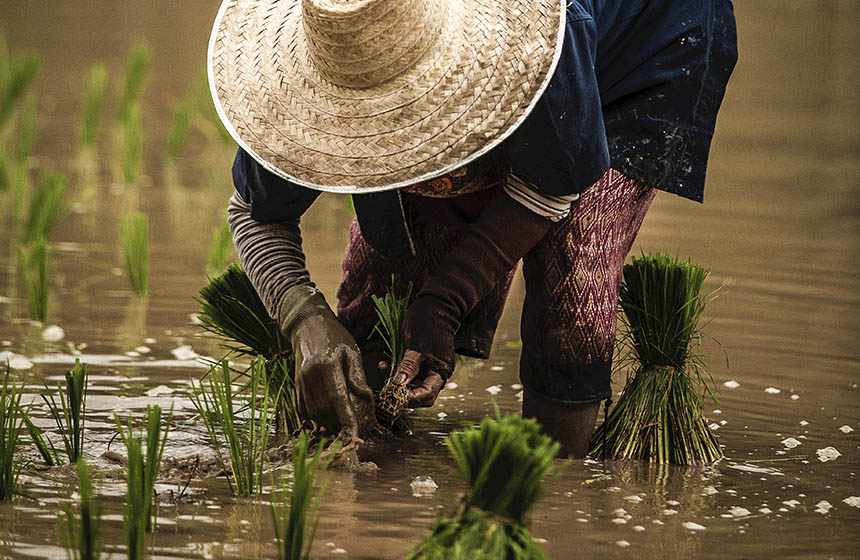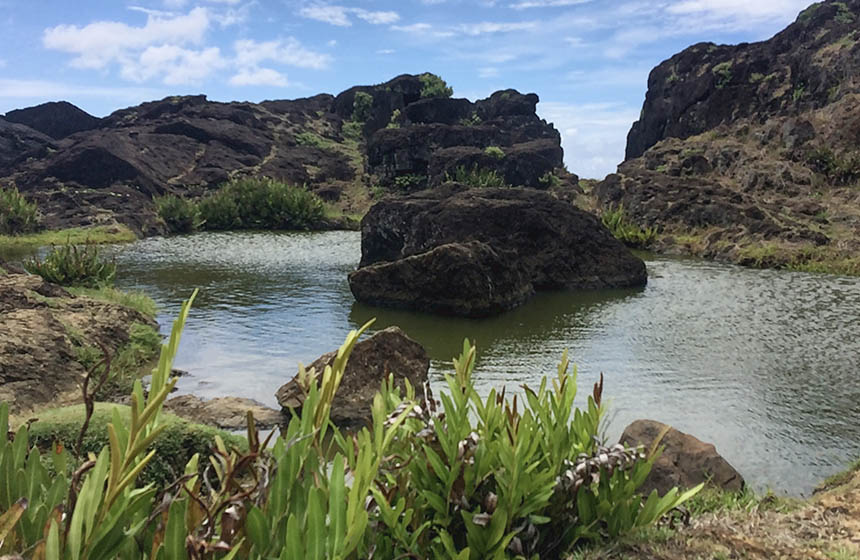Reforestation, agroforestry, and sustainable water management in Pico Bonito National Park
27 village water committees have come together to guide community-based, decentralised water management, reforestation, and agroforestry. Widespread planting of native tree species, improved monitoring of water sharing and use between communities, and reduced dependence on local firewood have improved the availability of potable water and increased biodiversity and agricultural productivity in the area.
Nature-based Intervention:
An association of 27 village water committees in the southern buffer zone of the Pico Bonito National Park were able to attribute a declining freshwater supply to deforestation, unsustainable agricultural practices, ranching, and firewood collection. To respond to this growing challenge, the village water committees work together to maintain water delivery systems, protect recharge areas, and collect and regulate water fees. In addition, they are promoting agro-forestry projects, such as the planting of guama trees among conventional corn and bean crops, and the replanting of native trees in order to restore ecosystem functioning that naturally supports freshwater regulation in the area. The association trains local communities in these various techniques and the application of environmentally friendly technologies and serve as a model management structure for more than 80 communities across the northern coast of Honduras.
Overview of context and outcomes:
A 40,000 hectare watershed is currently under the association’s protection.
Case effectiveness on
Climate change
No mitigation outcomes were reported as part of this intervention.
The project is reported to have improved water quality for 27 communities. The association has spread awareness of the need for conservation and sustainable water management as cornerstones of community-based adaptation to climate change. This knowledge puts community members in a better position to adapt and respond to more unpredictable weather patterns and climate-related threats to the local water supply.
Ecosystem health
Ecological effect: PositiveOver 120 hectares of native species are reported to have been reforested, with the increased vegetation cover and connectivity providing improved habitat conditions for local species including jaguar, quetzal, ocelot, numerous monkeys, tapir, the endangered Honduran Emerald hummingbird, and the Black-chested Spiny-tailed Iguana.
Socioeconomic outcomes
The intervention has led to the creation of jobs such as community promoters and temporary positions for reforestation projects. The increased water availability and implemented agroforestry principles have been reported to increase agricultural productivity. The increased potability of water has also contributed to health improvements in local communities.
Governance
The project is governed as a collaborative effort between 27 village water committees within the watershed utilizing decentralised water management.
Finance
The project has received funding from the UNDP.
Monitoring and evaluation
There are no clearly reported monitoring protocols currently identified.
Trade-offs and limitations
No information yet available on tradeoffs.
Conducted at landscape scale
Ecosystem type
- Tropical & subtropical forests
- Terrestrial production
Climate change impacts addressed
- Reduced water availability
Instigators
- Local NGO or CBO (eg. indigenous)
Societal challenges
- Biodiversity conservation
- Climate change adaptation
- Disaster risk reduction
- Economic and Social development
- Food security
- Water security
Outcomes
- Food security: Positive
- Water security: Positive
- Health: Not reported
- Local economics: Positive
- Livelihoods/goods/basic needs: Not reported
- Energy security: Not reported
- Disaster risk reduction: Positive
- Rights/empowerment/equality: Not reported
- Conflict and security: Positive
- No. developmental outcomes reported: 6
Resources
Read resource 1Read resource 2
Literature info
- Grey literature




